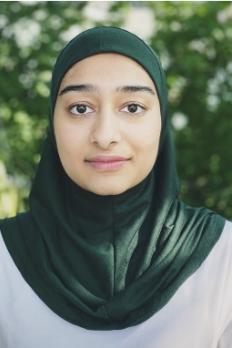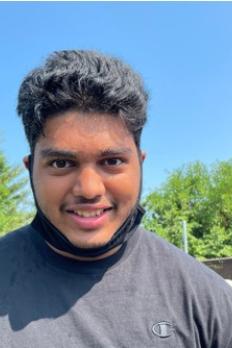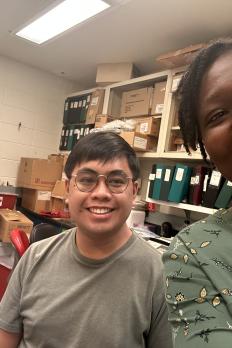Intra-College Experience in Creative Research in Experimental and Applied Microbiomics (ICECREAM)
Overview
ICECREAM is an intensive, full-time research experience for Rutgers, Princeton, and NJIT rising sophomore undergraduate students. Students are matched with faculty mentors from a diverse array of microbiome-scientific disciplines that include areas of ecological, social, behavioral, environmental and health (medical, dental, nursing, public health) sciences. Participants learn about the process of research by working with their mentors in the laboratory and by participating in library workshops, data analysis, seminars, and social events. Summer experiences often lead to involvement in research projects during the subsequent academic year(s). A priority of ICECREAM is to increase interest among members of underrepresented minority (URM) groups in biomedical science, in general, and the microbiome, in particular.
How to Apply: APPLICATION CLOSED
Thank you for your interest. Please contact rump@cabm.rutgers.edu for any questions.
2023 Mentors and Labs
- Modupe Coker, PhD | Rutgers School of Dental Medicine; Rutgers School of Public Health | Coker Research Lab
Project Title: Immune-microbe interactions in the oral cavity
- Nicole Fahrenfeld, PhD | Rutgers School of Engineering | Fahrenfeld Research Group
Project Title: Riverine microbiome for understanding fecal pollution and water borne pathogens
- Jason Yang, PhD | New Jersey Medical School | Yang Systems Biology Lab
Project Title: Systems biology of antimicrobial resistance
- Michael Manhart, PhD | Robert Wood Johnson Medical School; Center for Advanced Biotechnology & Medicine | Quantitative Evolutionary Microbiology Laboratory
Project Title: Evolution of microbial communities
- Lea Ann Chen, MD | Robert Wood Johnson Medical School |
Project Title: Host-Microbiome Interactions in Inflammatory Bowel Disease
- Nan Gao, PhD | School of Arts & Sciences - Newark | Gao lab
Project Title: Colonization competition between probiotics and pathobionts
2023 Program Scholars
1. Eesha Ali
Project Title: Riverine microbiome for understanding fecal pollution and water borne pathogens
School Affiliation: School of Arts and Sciences
School year: Rising Junior
2. Michael Chepovetsky
Project Title: TBA
3. Dhru Desai
Project Title: How crossfeeding interactions within microbial communities affect the growth of mutated bacteria
School Affiliation: School of Engineering
School year: Rising Sophomore
4. Madison Garcia
Project Title: Evolution of Antimicrobial Resistance
School Affiliation: School of Environmental & Biological Sciences
School year: Senior
5. Aris Ilada
Project Title: Immune-microbe interactions in the oral cavity
School Affiliation: School of Arts and Sciences & Rutgers University Honors Program
School year: Rising Sophomore
6. Dristi Patel
Project Title: Fecal Metabolomics Data Analysis
School Affiliation: School of Arts and Sciences
School year: Rising Sophomore





